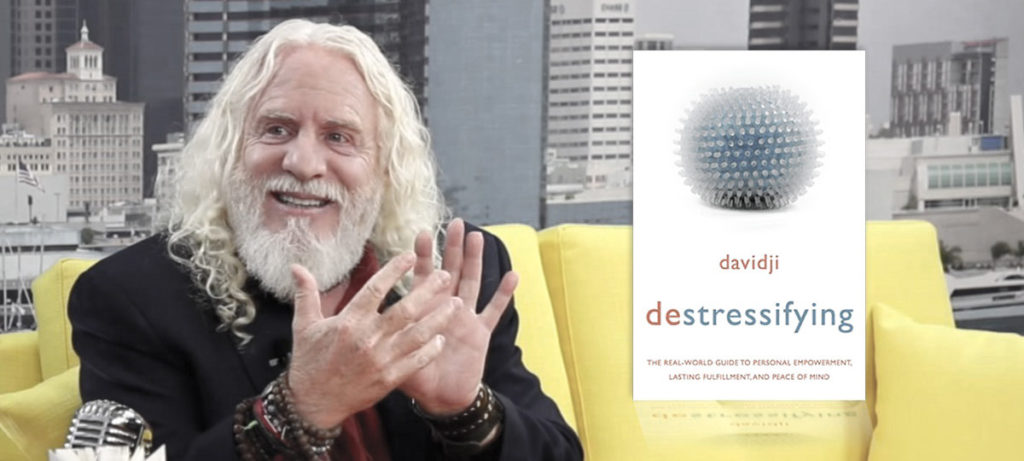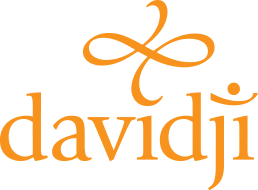
“Yoga is the settling of the mind into silence. When the mind has settled, we are established in our essential nature, which is unbounded Consciousness. Our essential nature is usually overshadowed by the activity of the mind.” -Patanjali
Welcome to Wednesday spiritual warrior!
This month we’ve been swimming through the timeless wisdom of YOGA and today we take it further by integrating this ancient body of knowledge into our daily life. So let’s begin with the code you live by. Maybe it’s the Ten Commandments or the Four Agreements or the Seven Spiritual Laws. Or perhaps you live by the Golden Rule or the Three Gates. We’ve explored these codes over the past few months and here’s another one – The Eight Limbs! These are the paths to merging with the divine that the yogic sage Patanjali outlined 2000 years ago. They are:
• Yama
• Niyama
• Asana
• Pranayama
• Pratyahara
• Dharana
• Dhyana
• Samadhi
If this sounds like a lot of gibberish to you – do not despair – it’s all Sanskrit and each week we’ll explain them and discuss them in greater detail. Biut this week, let’s just look at the first two limbs of YOGA – the yamas and the niyamas.
The yamas are the social codes of behavior that an enlightened BEing would live by. The niyamas are the personal codes an enlightened BEing lives by.
The original definitions of the 5 Yamas are:
1. Ahimsa – non-violence
2. Satya – truth and absence of falsehood
3. Asteya non-stealing
4. Brahmacharya – conscious choice making in our relationships
5. Aparigraha – non-hoarding – abundance consciousness
The modern day guidance based on my translation is to walk through the world with a silent intention to be peaceful; truthful; non-coveting; mindful with our relationships; and filled with abundance consciousness. If we do this, we will float through each day with grace and ease.
The original definitions of the 5 Niyamas are:
1. Shaucha – physically and emotionally clean
2. Santosha – contentment
3. Tapas – austerity
4. Svādhyāya – self study
5. Ishvarapranidhana – surrender to god
The modern day guidance based on my interpretation is to conduct yourself in each moment with purity of thought, word, and deed; seeing the miracles around you; being authentic in how you express yourself; being open to the teachers and the lessons in our interactions with others; and trusting in the divine plan.
These are ten beautiful principles originally designed to describe how enlightened ones see life. But here we are in 2013 with a reality that didn’t exist when Patanjali first wrote The Yoga Sutras. Our life is filled with many more moving parts – a swirl that seems to build up steam with each year we spend on this planet. Car payments, home payments, kids, pets, technology, travel, staying healthy, keeping appointments, showing up at work, living our dharma…and so much more.
So here’s how we integrate: each week, pick a yama or niyama and see if you can weave it into every word, thought, and action throughout the day. Dont beat yourself up when you find yourself in conflict. That’s the moment to congratulate yourself that you have the awareness that you drifted from your intention. That’s true enlightenment – pure present moment awareness. And that’s how we change… by slowly flowing our intentions into our behaviors – our inner dialog into our outer dialog…our thoughts into our actions.
“Healthy plants and trees yield abundant flowers and fruits. Similarly, from a healthy person, smiles and happiness shine forth like the rays of the sun.” ~ B.K. S Iyengar
This week, I’m going to pick bramacharya – originally described by Patanjali as celibacy – but that was 2,000 years ago. My modern interpretation is to be fully present when you are with someone. To not take our human or personal or intimate interactions with others casually or for granted. To be more conscious in my communications and my exchanges with everyone I encounter. What will you pick? Forward this to your friends and loved ones and let them choose a Yama or Niyama. And feel free to email me at info@davidji.com and call me during my Hay House Radio show. US (866) 254-1579 INT’L dial the country code +(760) 918-4300
See you in the gap!! Peace. -davidji
PLEASE BE PATIENT WHILE THE VIDEO LOADS
REFRESH PAGE IF NEEDED




